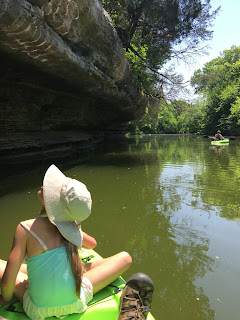Here is my issue with our food system and the crap they are putting in our food. The food we buy changed without us even really knowing or even sharing our opinion. Why would we think its okay to add a bunch of processed sugar and salt into our food to make it taste good? Maybe its because the food companies want you to become addicted to what they are selling you? If you keep buying it then they have control over you. Most people that consume sugary/salty foods are probably addicted and don't even realize it. They think, well, this is my reward for a hard days work or putting up with someones BS they work with.
We need more transparency in our food labels. I mean have you looked at a label lately? You need a PhD. in Food Science to read those. How is the average person supposed to make sense of all that stuff? Maybe they should make a label system with green, yellow and red. green = good, yellow = caution, red = this shit will kill you if you eat too much. I don't particularly care to be the food industry's guinea pig. So, we chose to eat differently.
I recently read a study that Kellogg's invited in Michael Moss, author of Salt, Sugar, Fat to try some of their most popular foods without the salt, and the foods tasted terrible. One of the executives even described the food as tasting like metal. Do you think its intentional that food companies are injecting our food with salt and sugar? I wonder if the executives of these companies would even eat this stuff?
Those candy bars, potato chips and sodas are not only addictive but they are making people sick with high blood pressure, high cholesterol, and low sex drive. Obviously, high blood pressure and high cholesterol lead to heart disease which kills you before you get to enjoy retirement. The industrial food system is controlled by a handful of companies and do you think they are looking out for the best interest of the general public or profits? Hey look, I love capitalism and I love making money, but do you think these mega companies give a hoot about the average consumer? I doubt it, they answer to shareholders and boards. If it increases the bottom line then they do it. Choose wisely when you are buying food.
Jason Smith
Market Gardener, Farmer
jason@smithfamilyfarmtn.com
www.smithfamilyfarmtn.com








